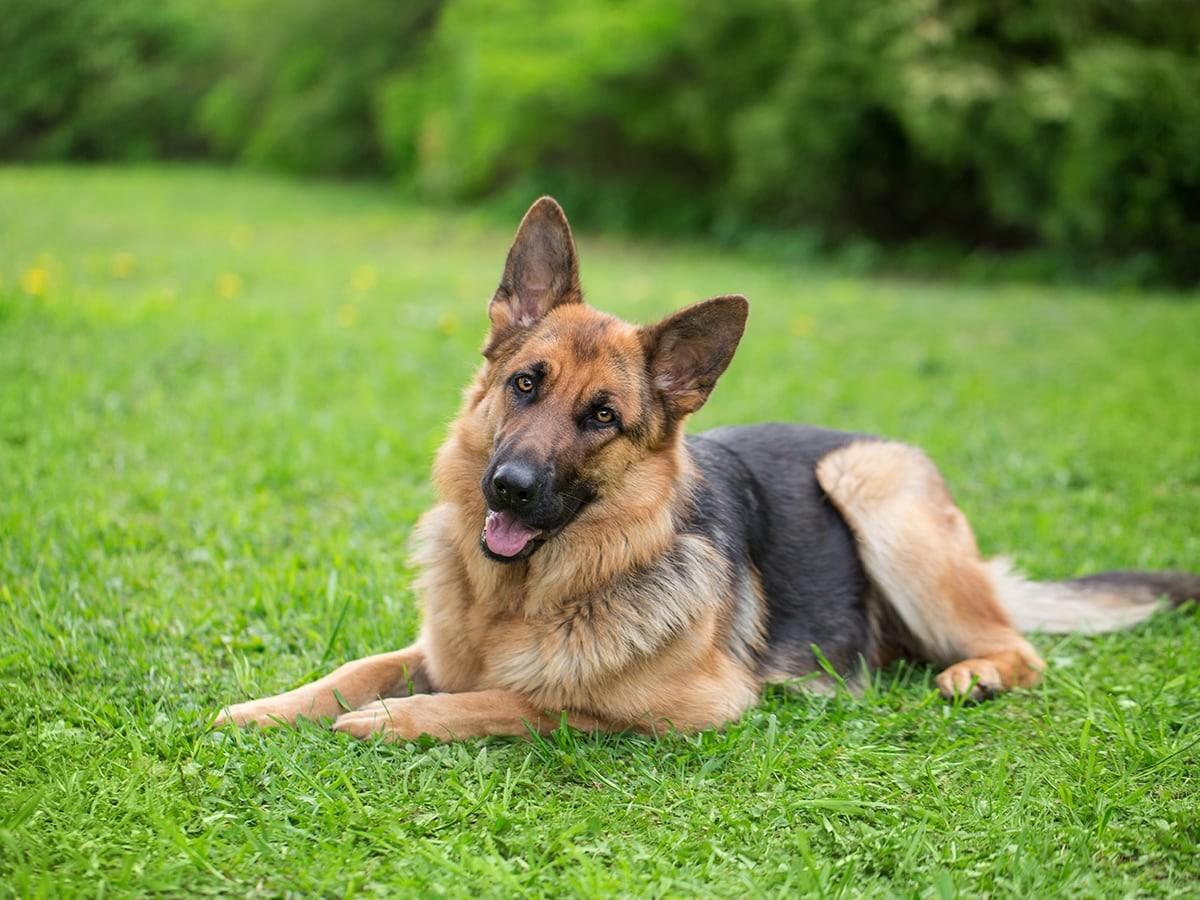
German Shepherd Puppy Socialization: A Comprehensive Guide
Share
Raising a German Shepherd puppy is a rewarding experience, filled with joy and challenges. One of the most critical aspects of nurturing your new furry friend is mastering the art of German Shepherd puppy socialization. This process not only shapes your puppy's behavior but also impacts their health and happiness. In this guide, we'll explore the intricacies of socializing your German Shepherd, ensuring they grow into well-adjusted, confident, and healthy dogs.
From the moment you bring your German Shepherd puppy home, socialization should be a top priority. A well-socialized puppy is less likely to develop behavioral issues and is more likely to integrate seamlessly into various environments. To help you embark on this journey, we've compiled essential tips and insights tailored for health-conscious pet owners.

Why is Socialization Important?
Socialization is the process of exposing your puppy to different environments, people, animals, and experiences. For a breed as intelligent and active as the German Shepherd, early socialization is crucial. It prevents fearfulness and aggression while promoting a balanced temperament. Moreover, a well-socialized German Shepherd is more likely to enjoy a healthier life, both mentally and physically.
German Shepherds are known for their loyalty, intelligence, and protective nature. However, without proper socialization, these traits can manifest negatively, leading to anxiety and behavioral problems. By introducing your puppy to diverse stimuli in a safe and controlled manner, you're setting the foundation for a happy, confident adult dog.
Steps to Effective German Shepherd Puppy Socialization
Start Early
The optimal socialization window for puppies is between 3 to 14 weeks of age. During this period, your German Shepherd is most receptive to new experiences. Start by introducing them to different people, including children and the elderly, as well as other animals. Ensure these interactions are positive and rewarding.
Expose to Various Environments
Take your puppy on short trips to different locations. Whether it's a park, a pet-friendly store, or a friend's house, exposing your puppy to various environments helps them adapt to new situations. Remember, these outings should be positive and stress-free for your puppy.
Introduce New Sounds
German Shepherds can be sensitive to loud noises. Gradually introduce your puppy to common sounds like vacuum cleaners, doorbells, and traffic. Start with low volumes and gradually increase as your puppy becomes more comfortable. This approach helps prevent noise-related anxiety.
Health Benefits of Proper Socialization
Socialization plays a significant role in your puppy's overall health. A well-socialized German Shepherd is less likely to experience stress-related health issues. Stress can weaken the immune system, making your pet more susceptible to illnesses. By reducing anxiety through socialization, you're contributing to your puppy's physical well-being.
Moreover, socialized puppies are more likely to engage in physical activities. Regular exercise is crucial for maintaining a healthy weight and preventing obesity, a common issue in German Shepherds. For more on this topic, check out our article on exercise limits for German Shepherd puppies.
Common Socialization Challenges
Despite your best efforts, you may encounter challenges during the socialization process. Some German Shepherds may exhibit fear or aggression when exposed to new stimuli. It's essential to remain patient and consistent. Avoid forcing your puppy into uncomfortable situations, as this can exacerbate fear.
If you're struggling with socialization, consider seeking professional help. A certified dog trainer can provide guidance and support, ensuring your puppy develops into a well-adjusted adult. Additionally, resources like the American Kennel Club's guide on German Shepherds offer valuable insights.

Frequently Asked Questions
How long does the socialization process take?
The initial socialization period is most critical during the first 14 weeks, but socialization should continue throughout your dog's life. Regular exposure to new experiences helps maintain their adaptability and confidence.
What should I do if my puppy shows signs of fear?
If your puppy displays fear, take a step back and allow them to approach the situation at their own pace. Use treats and positive reinforcement to create a positive association. Patience and consistency are key.
Can I socialize my puppy after the 14-week window?
Yes, while the early weeks are crucial, it's never too late to start socializing your puppy. Older puppies and adult dogs can still benefit from positive social experiences, although it may take more time and patience.
For more in-depth information on German Shepherds, visit the Kennel Club's German Shepherd page or explore our article on preparing for your puppy's first vet visit.
This article contains affiliate links. We may earn a commission at no extra cost to you.
